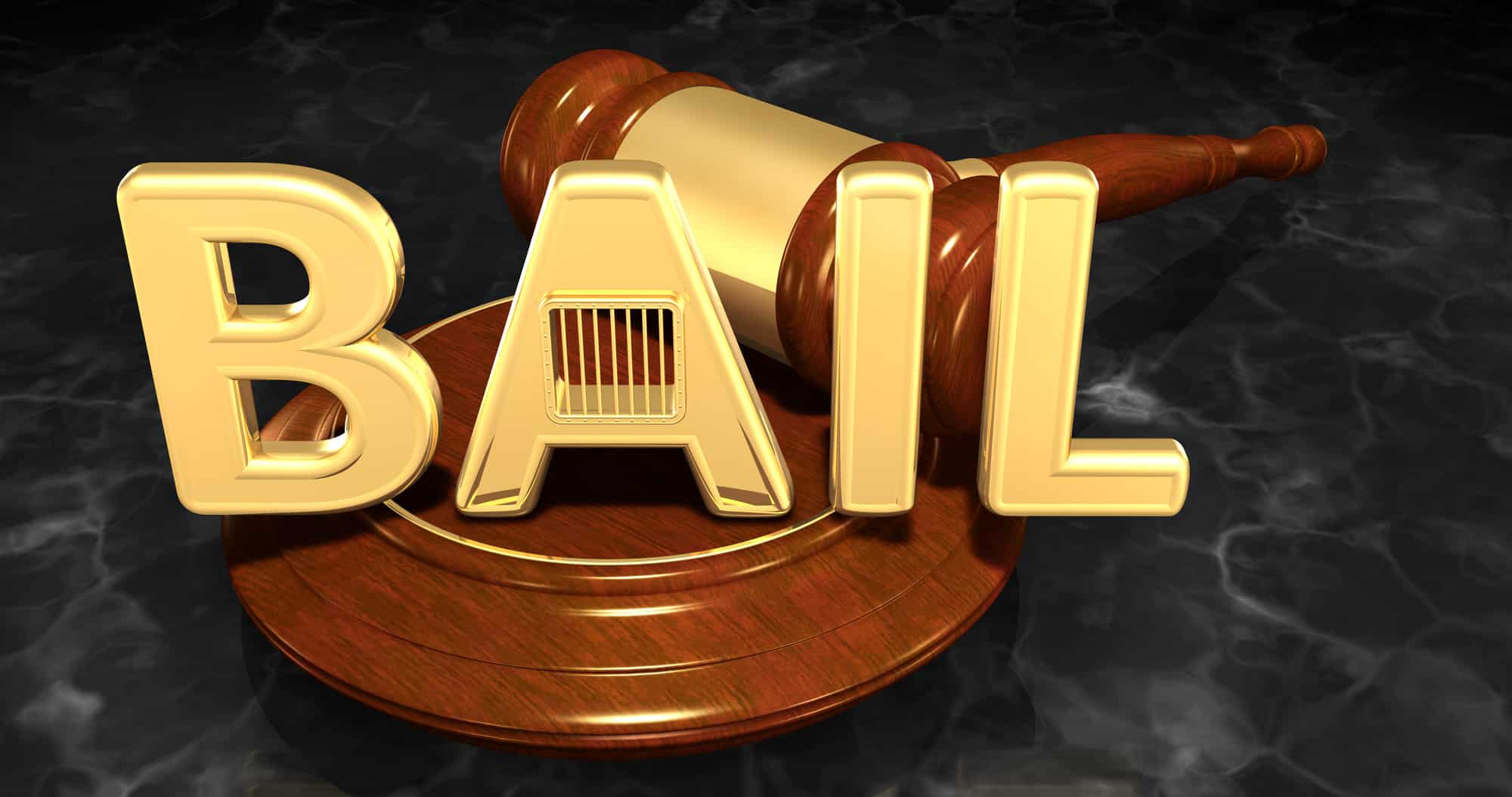Some people think that they can be arrested for vandalism, and they can also be arrested for robbery, so they are both the same kind of crimes. If you feel that the difference between different crimes is just the nature of punishment, you are mistaken. While some crimes include a warning and a small fine, others can lead to years of conviction.
To help you understand the distinction between different crimes, let’s start with categorization. Crimes are mostly categorized into felonies and misdemeanors, and if you want to understand the clear difference between these two, and why would you need the aid of a Wake County bail bondsman, here’s a guide for you!
Nature and Severity of Offenses
Felonies and misdemeanors are distinguished primarily by the nature and severity of the offenses committed. Felonies typically include grave crimes, such as murder, kidnapping, arson, and large-scale fraud. These offenses are often characterized by their potential to cause substantial harm to individuals or society at large, resulting in more severe punishments.
Misdemeanors, on the other hand, constitute less severe offenses. These may include petty theft, minor assault, disorderly conduct, or first-time DUI (Driving Under the Influence). While misdemeanors still breach the law, they are generally considered less serious in comparison to felonies and thus entail less severe consequences.
Felonies range from violent crimes like murder and aggravated assault to white-collar offenses such as embezzlement and fraud. Whereas, misdemeanors encompass petty theft, simple assault, DUIs, and minor drug possession.
Legal Consequences
One of the significant distinctions between felonies and misdemeanors lies in the legal consequences each classification incurs. Felonies are typically associated with harsher penalties, including lengthy imprisonment, substantial fines, and in some cases, the death penalty in jurisdictions that enforce it. Additionally, individuals convicted of felonies often face challenges in acquiring employment, obtaining professional licenses, and even exercising certain civil rights like voting or possessing firearms.
On the contrary, misdemeanors usually result in less severe penalties. Offenders may face shorter jail sentences, relatively less hefty fines, probation, community service, or mandatory counseling programs. Moreover, misdemeanors are less likely to have long-term consequences on the defendant’s civil rights or future opportunities, unlike felonies.
Legal Process and Punishments
The legal process for handling felonies and misdemeanors is different than you might think. Felony cases usually involve grand juries, extensive pre-trial procedures, and trials by jury, aiming to ensure fair and thorough examination due to the seriousness of the charges. Misdemeanor cases, on the other hand, might involve a simpler legal process with fewer pre-trial formalities and, in some instances, may not require a trial by jury.
The Bottom Line
Irrespective of whether you are arrested for a felony or misdemeanor, you can always go for 24-hour bail bond agents to help you get out of jail before your trial. With bail bonds in Wake County, NC, you can secure your freedom regardless of whether you have the amount to post bail, or not, and prepare a rock-solid case without any hiccups or being behind bars.
Need Wake County bail bonds for a loved one or yourself? Amistad Bail and Immigration Bonds can always be a great place to get started!


